Persons with disabilities (PWD) are those who have one or more physical or mental impairments that cause a significant and long-term reduction in their ability to carry out daily activities. According to the World Health Organization's classification, there are three levels of impairment: impairment, disability and handicap.
The legal system on people with disabilities in Vietnam is increasingly being improved towards ensuring consistency with the International Convention on the Rights of Persons with Disabilities.
[caption id="attachment_602713" align="alignnone" width="768"]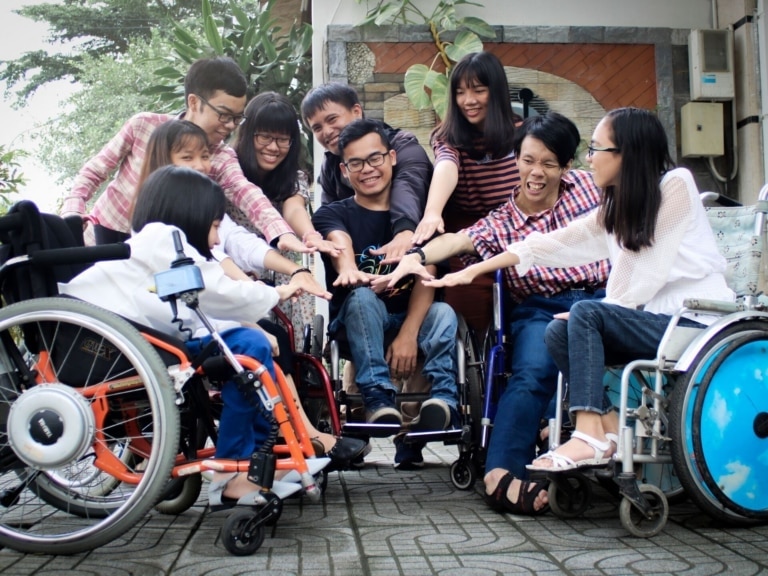 The legal system for people with disabilities in Vietnam is increasingly being improved. (Photo: DRD Vietnam)[/caption]
The legal system for people with disabilities in Vietnam is increasingly being improved. (Photo: DRD Vietnam)[/caption]Based on the provisions of the Convention, the laws of countries also have more specific provisions on PWDs. In general, the definitions mostly refer to the ability to participate fully in society. Disability is not only a physical deficiency, but also a deficiency in the opportunity to integrate into society.
To date, the United Nations and other international organizations have issued many political and legal documents to protect and promote the rights of PWDs. Although the International Covenant on Civil and Political Rights (ICCPR) and the International Covenant on Economic, Social and Cultural Rights (ICESCR) do not have specific provisions on the rights of PWDs, the contents of these two conventions have stipulated the promotion and protection of the rights of all people in general, including PWDs, through provisions on non-discrimination.
Provisions related to disabilities are also reflected in a number of other international treaties such as: Convention against Torture and Other Cruel, Inhuman or Degrading Treatment or Punishment (CAT), Convention against Discrimination against Women (CEDAW), Convention on the Rights of the Child (CRC).
In Vietnam, PWDs enjoy all the same rights as normal people, without any discrimination based on disability. In addition, Vietnamese law also provides preferential treatment for PWDs to compensate for their disadvantages, as well as to ensure substantive equality of rights and opportunities for all citizens.
The legal system on PWDs in Vietnam is increasingly being improved towards ensuring consistency with the International Convention on the Rights of PWDs. That system includes: the 2010 Law on PWDs, the 2006 Law on Legal Aid and a number of other laws such as the Labor Code, the Education Law, the Vocational Training Law, the Law on Child Protection, Care and Education, the Law on Information Technology, etc.
With the promulgation of the Law on Persons with Disabilities in 2010, Vietnam has gradually improved the legal system and policies on persons with disabilities, through the development of 13 sub-law documents, namely Decrees and Circulars detailing and guiding the implementation of the Law on Persons with Disabilities, related to media, sports, tourism, and access to social security.
Based on the legal content in ensuring the rights of PWDs and the specific characteristics of political, economic and social conditions in Vietnam today, the role of law in ensuring human rights in general and the rights of PWDs in particular is demonstrated through the following aspects:
Firstly, the law in general, including the law on ensuring the rights of people with disabilities, is a means to concretize the Party's guidelines, policies and viewpoints on ensuring human rights and ensuring the rights of people with disabilities.
Second, the law in ensuring the rights of people with disabilities is the legal basis for the State to organize its apparatus and carry out activities to ensure the rights of people with disabilities.
[caption id="attachment_625497" align="alignnone" width="768"]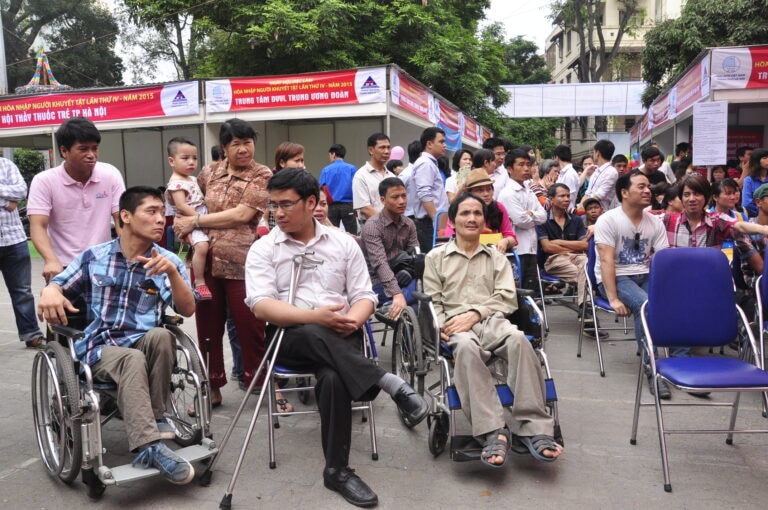 (Illustration photo: Communist Party of Vietnam Newspaper)[/caption]
(Illustration photo: Communist Party of Vietnam Newspaper)[/caption]Third, the law in ensuring the rights of people with disabilities is the premise and foundation that creates a legal basis for people to fight to protect their legitimate rights and interests.
Fourth, the law in ensuring the rights of people with disabilities contributes to realizing other conditions of guarantee such as: politics, economy, culture... In which, the leadership of the Communist Party of Vietnam is a prerequisite to ensure the socialist rule of law state of the people, by the people and for the people. Economic development creates conditions for the realization of human rights in practice, conversely, ensuring human rights is a condition for economic development.
Fifth, the law in ensuring the rights of people with disabilities is a means to implement the commitment and integration between national law and international law, ensuring the protection of human rights in each country and around the world.
Vietnam signed the Convention on the Rights of Persons with Disabilities in 2007 and ratified the Convention in 2014, thereby demonstrating the spirit and sense of responsibility of the Vietnamese State in ensuring and implementing human rights and the rights of persons with disabilities. This is also consistent with the guidelines, policies and guidelines of the Party and State of Vietnam towards persons with disabilities.
With a high proportion of PWDs compared to the total population, over the years, the Party, the State and the whole society have always paid deep attention and care to PWDs. The sharing and practical support have brought strength and confidence, helping PWDs have the determination to rise up, integrate into the community and contribute to the development of society.
With the consistent viewpoint and strong efforts of our Party and State in recent times as a member of the Convention on the Rights of Persons with Disabilities, Vietnam will certainly continue to achieve practical results in building an equal society for PWDs to live independently and actively participate in social life.
Tra Khanh




![[Photo] Ministry of Defense sees off relief forces to the airport to Myanmar for mission](https://vstatic.vietnam.vn/vietnam/resource/IMAGE/2025/3/30/245629fab9d644fd909ecd67f1749123)




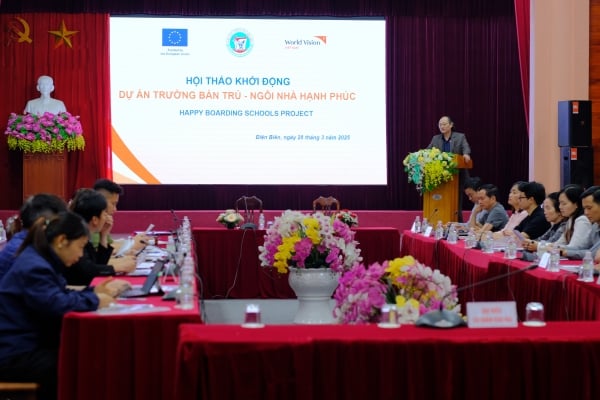
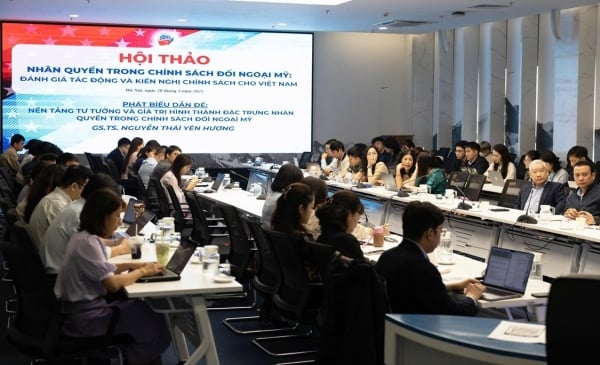




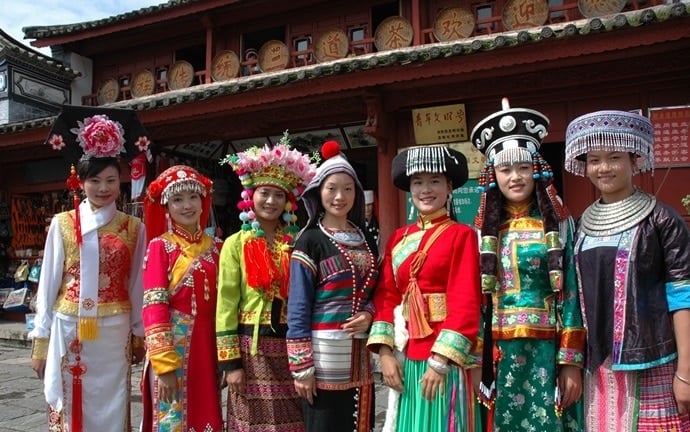
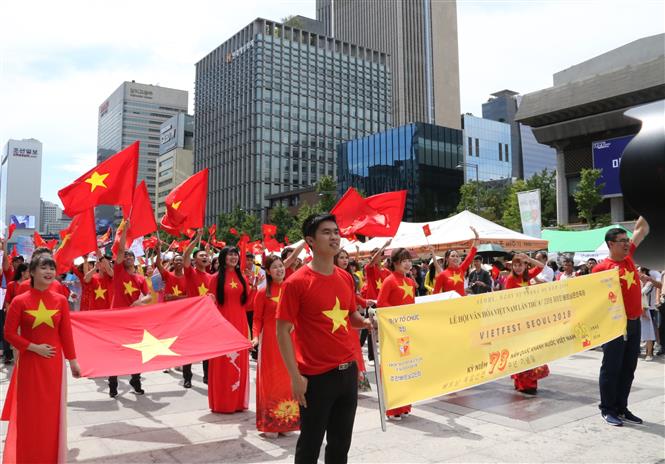
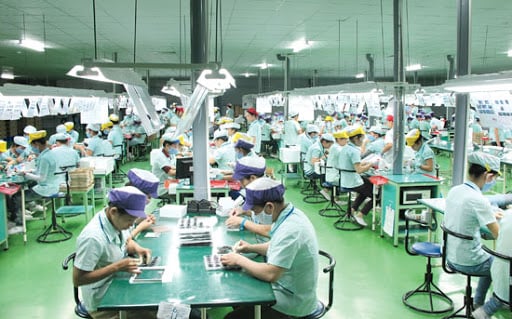
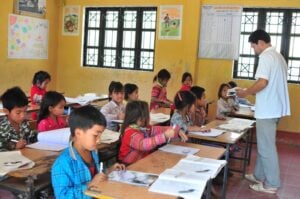
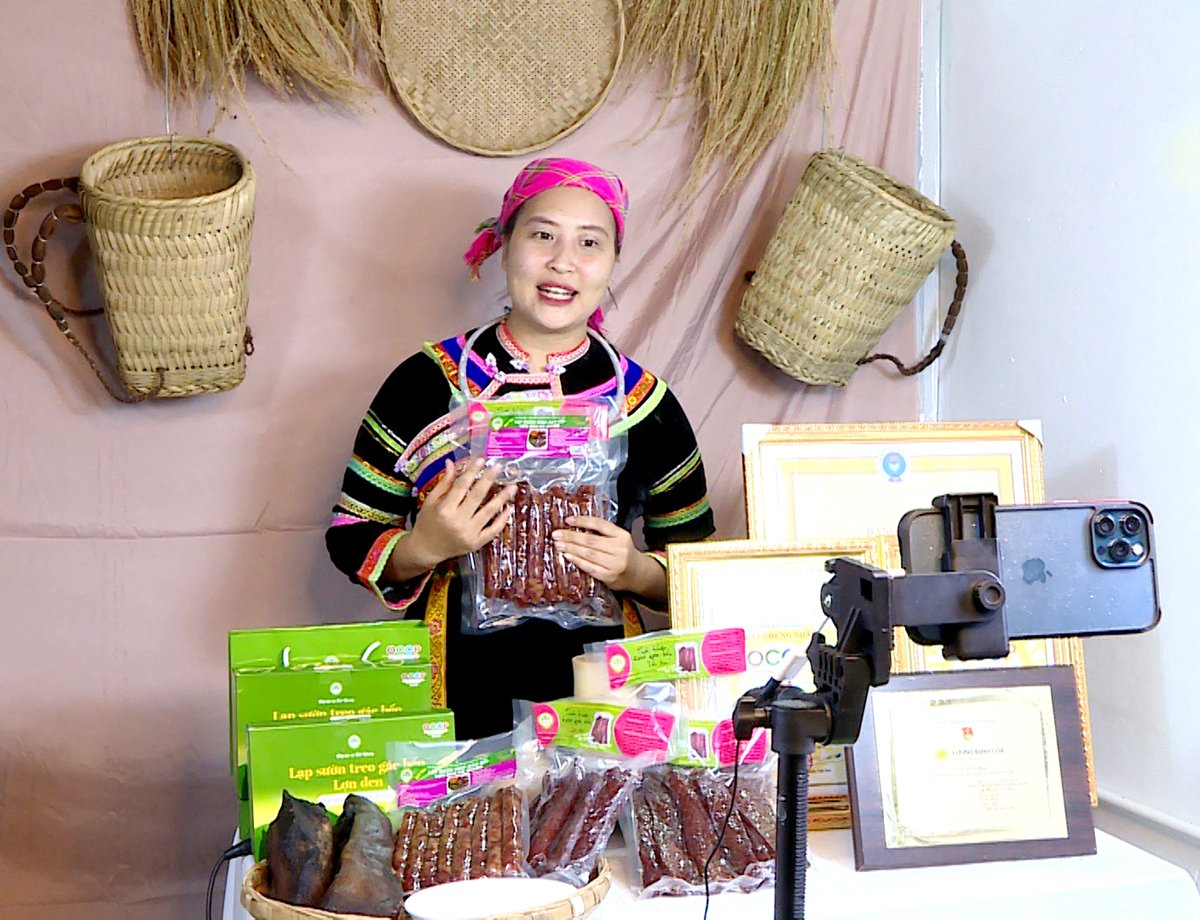
![[Photo] Prime Minister Pham Minh Chinh chairs meeting to remove difficulties for projects](https://vstatic.vietnam.vn/vietnam/resource/IMAGE/2025/3/30/7d354a396d4e4699adc2ccc0d44fbd4f)
















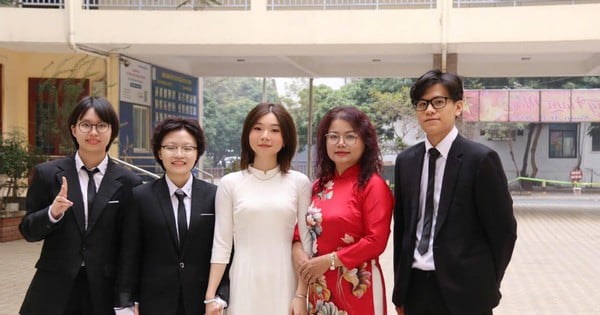

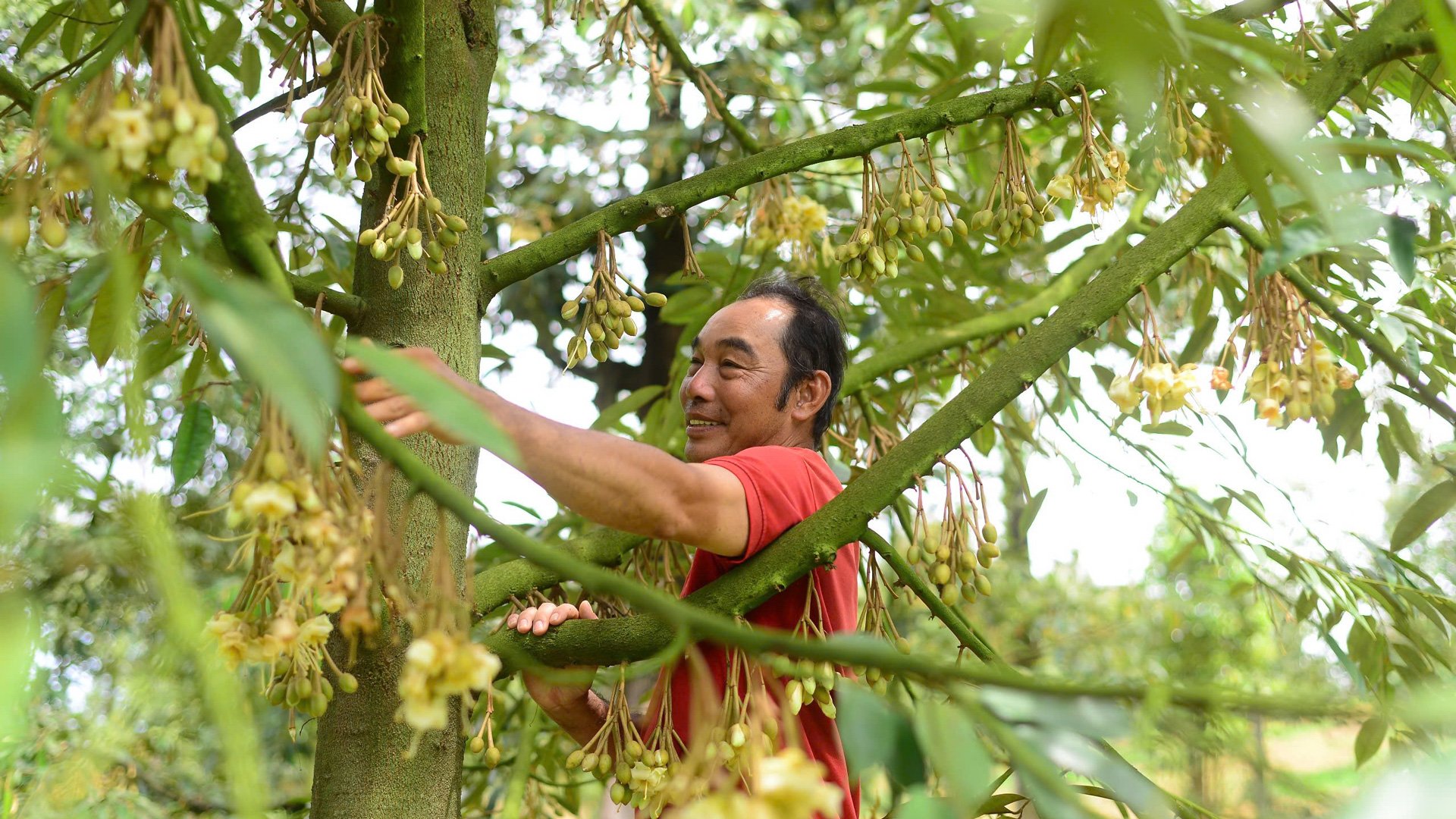













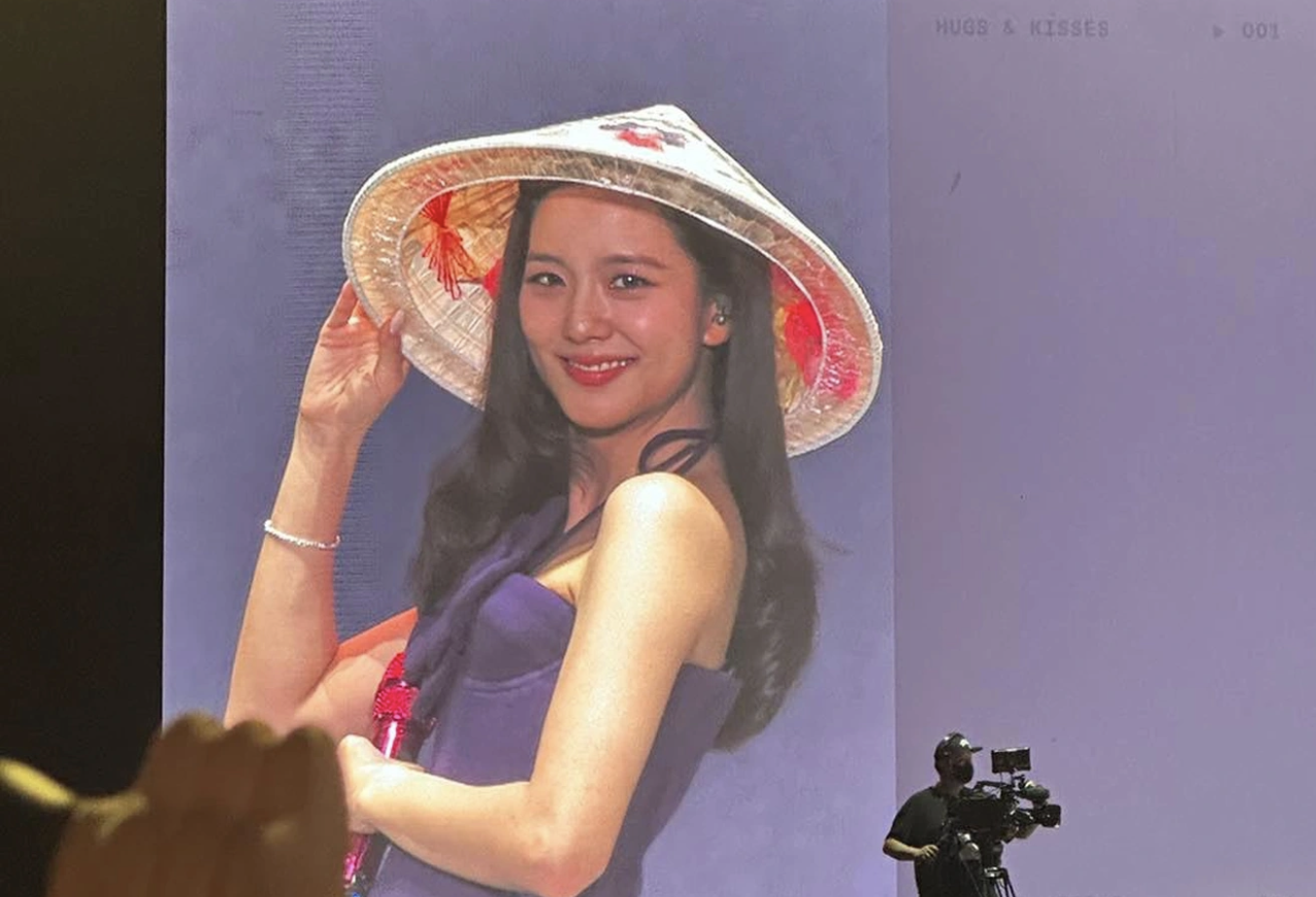

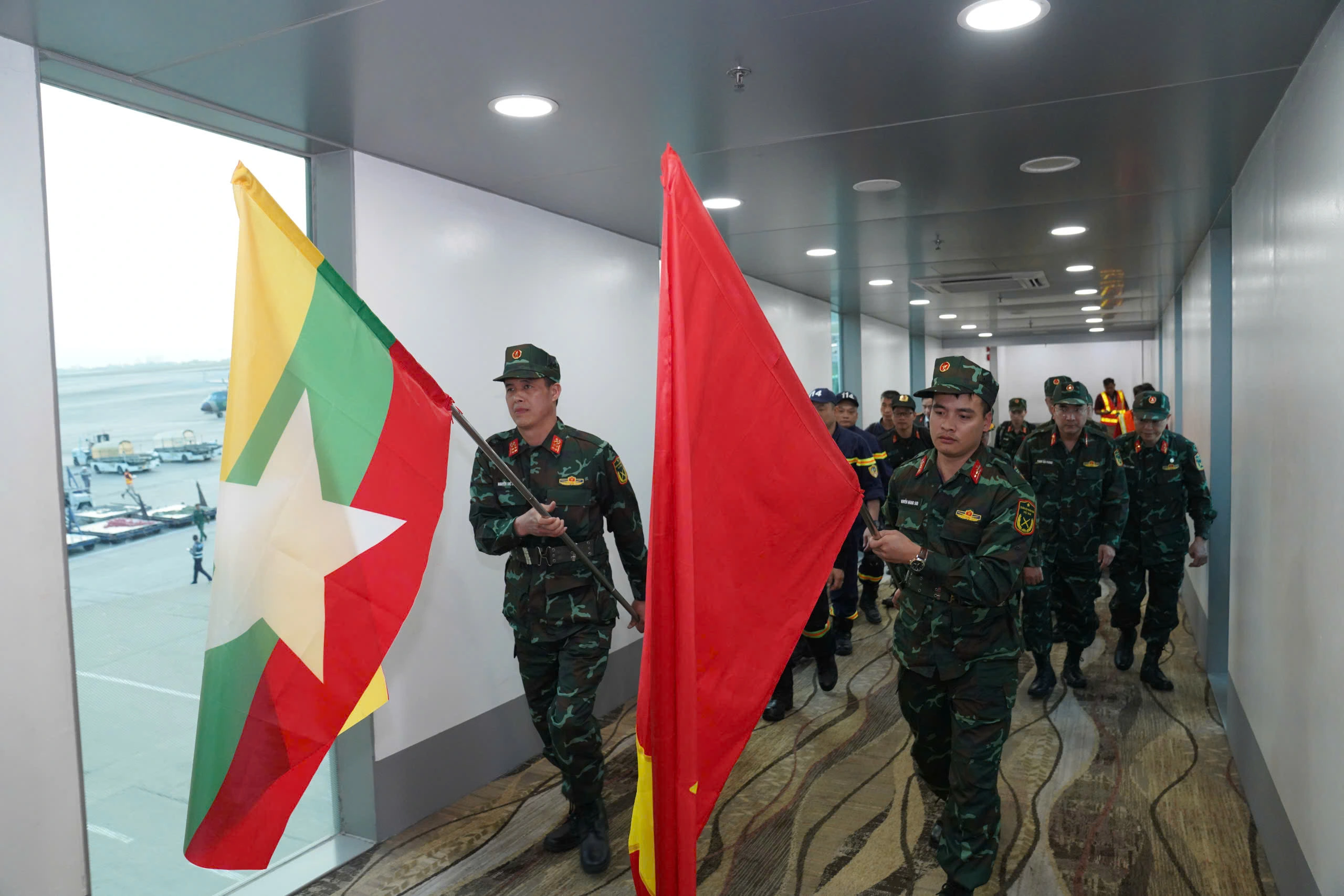



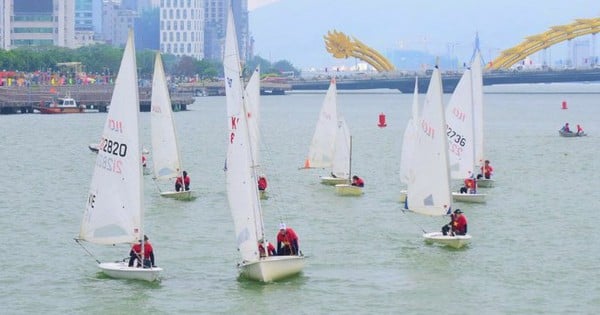

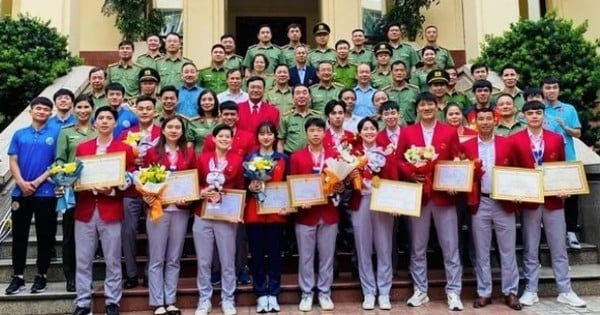

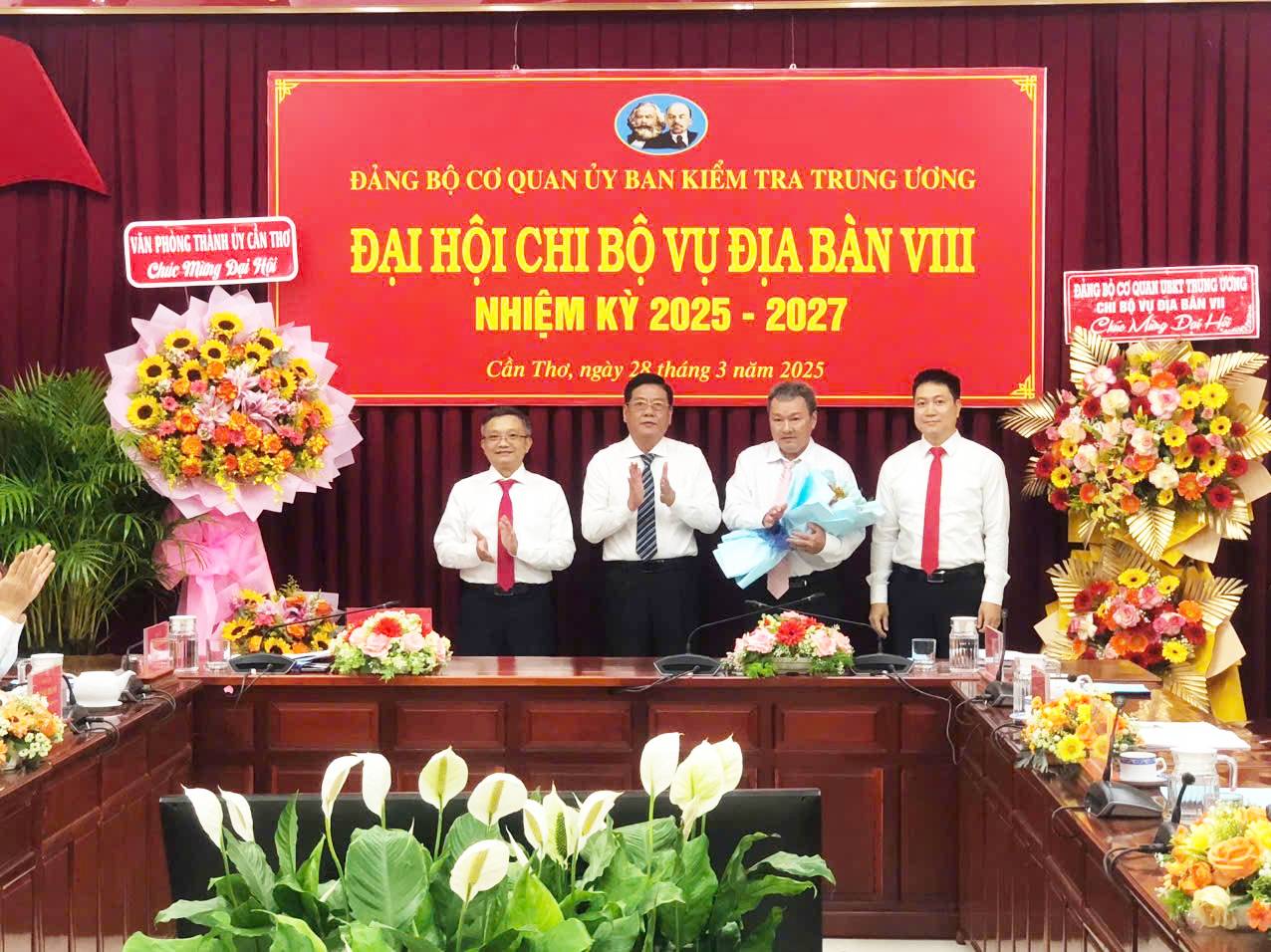

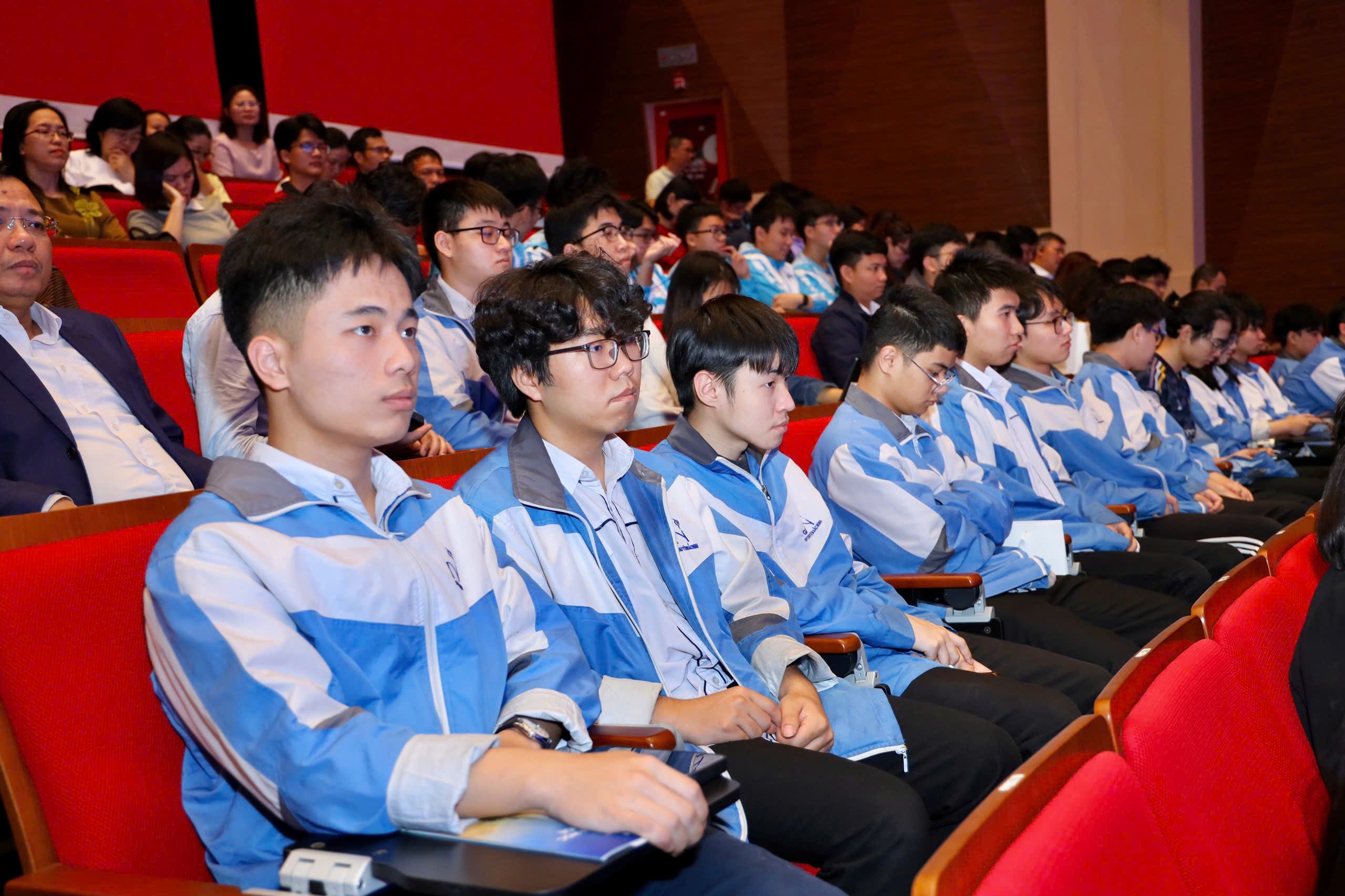

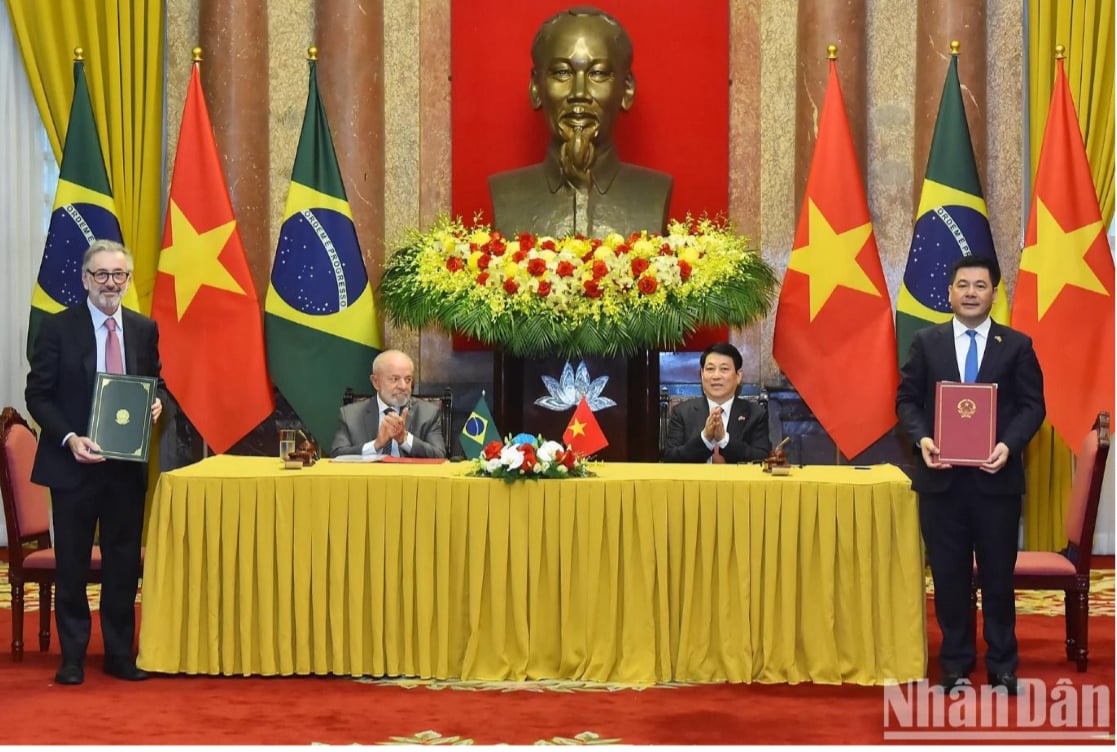

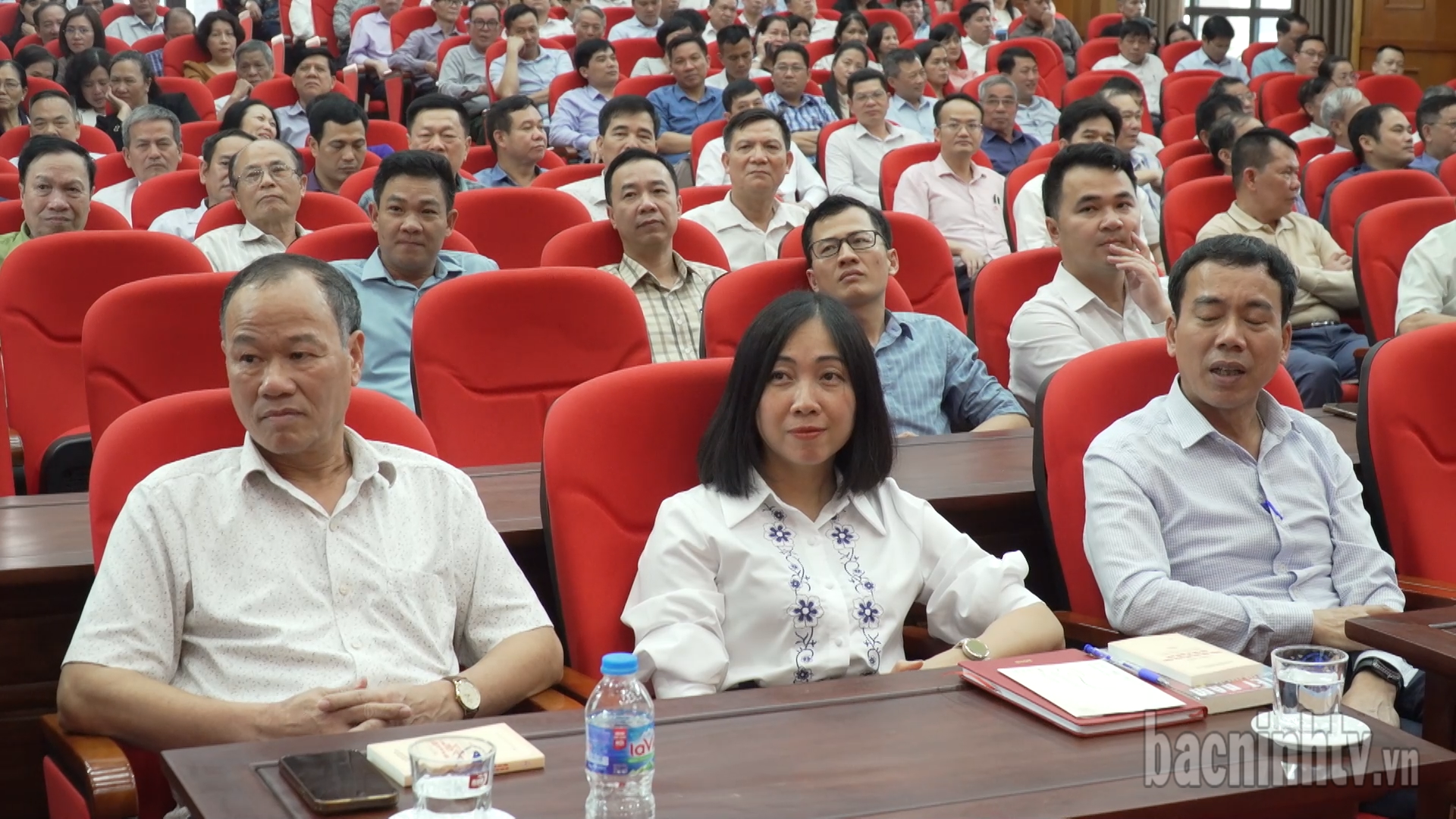


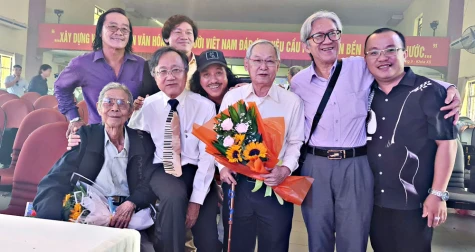

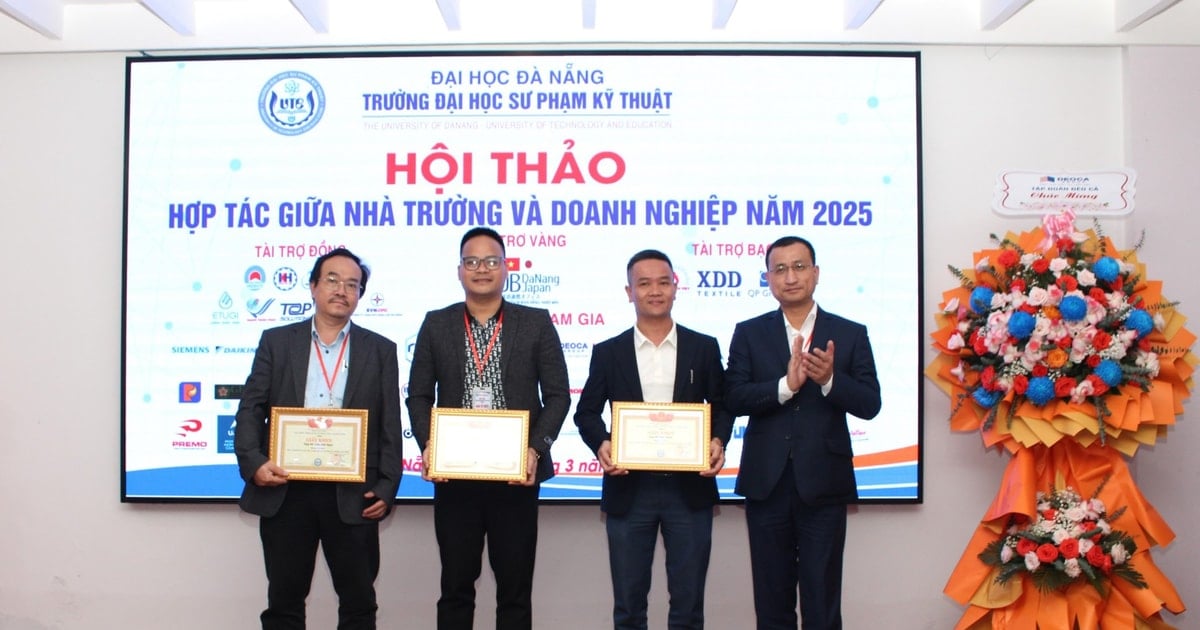

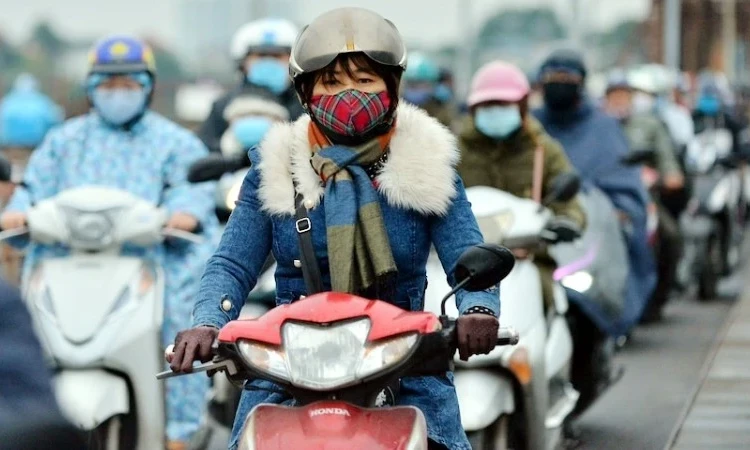











![[REVIEW OCOP] An Lanh Huong Vet Yen Cat](https://vstatic.vietnam.vn/vietnam/resource/IMAGE/2025/3/27/c25032328e9a47be9991d5be7c0cad8c)



Comment (0)